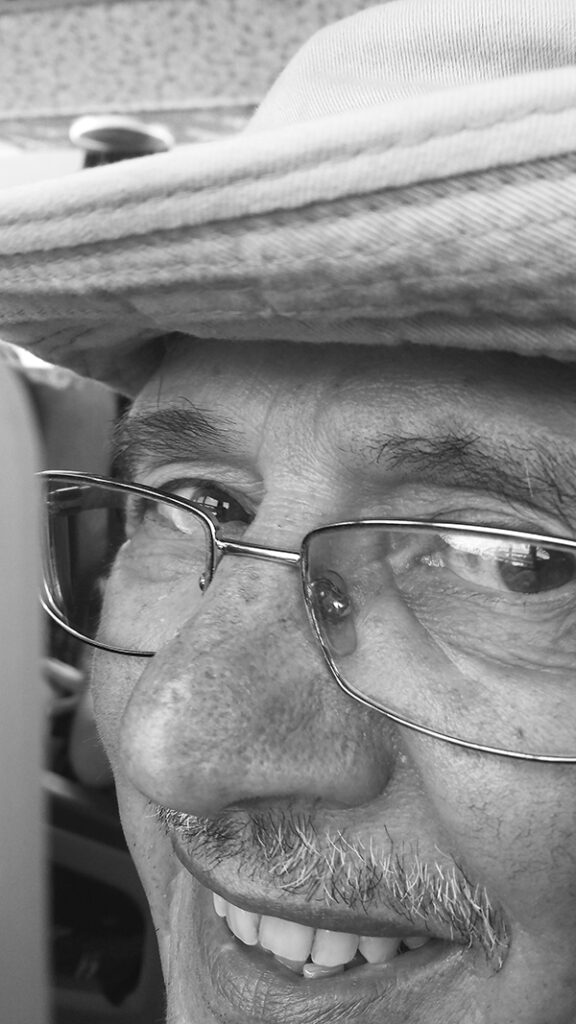
We belong to a remarkable species, Homo sapiens, which literally means “wise man.” With this wisdom comes some knowledge that, as far as we know, is not available to any other animal. We know that we are mortal. We know that it is inevitable that we are going to die. This wisdom has also made it possible for scientists to discover cures to illnesses and for us to have the knowledge to live a healthy lifestyle. So, we have extended our life expectancy considerably, from 47 years in 1900 to 68 years in 1950 and to just over 76 years today. Thanks to medical science, we can be on life support almost indefinitely. But do we want to be?
Just as death is inevitable, so are other things that accompany aging. For instance, as we age, we are more likely to experience conditions such as osteoarthritis, chronic obstructive pulmonary disease, diabetes, heart disease, chronic kidney disease, or dementia. In fact, about 85% of older adults in the United States have at least one common chronic illness. And, in most cases, death does not come suddenly but rather as a long process of progressive functional decline.
Quality of life has not kept up with our extended longevity. As Robert S. Gable, emeritus professor of psychology at the Claremont Graduate University, asked, “What value is there in existing if the ability to do what you most value becomes unavailable? It is, indeed, possible to live too long.” I heartily agree. I do not want to live too long. Neither do I want to go through a long process of progressive functional decline. I do not want to be on life support if there is very little chance that I will once again be able to do the things that I most value. I would much prefer that my life ends before that point.
To be clear, medical aid in dying is not euthanasia, in which someone other than the individual decides that a terminally ill person should die. Neither is it physician-assisted suicide, because it is not suicide. A person is not choosing to die, but choosing how to die. Unfortunately, I would have to leave Michigan and travel to either Switzerland or Vermont, jurisdictions that allow medical aid in dying to non-citizens. Why is that my only choice?
As with many other issues, politicians and religion stand in our way. As of the latest Gallup poll (2018), 72% of Americans say doctors should be able to help terminally ill patients die. But if we break down the numbers, 89% of liberals find it acceptable, as do 73% of independents, but only 54% of conservatives. Only 37% of those who attend church weekly approve, but 69% percent of those who attend church nearly weekly or monthly and 86% of those who attend church seldom or never also approve.
Now, please don’t get me wrong. I firmly believe that you have a right to your political and religious beliefs. But you and I do not have the right to force our beliefs on others. If you do not want to have a doctor help you to end your life of suffering, don’t do it. But please, do not prevent me from doing it. Morally, I understand that many people believe that the beginning and end of life should be left to divine intervention. However, some moral philosophers argue that although it is wrong to compel people to die, it is just as wrong to compel people to live under conditions they find intolerable.
I believe that people who oppose medical aid in dying have a mistaken idea about what “life” is. To me, life is the ability to enjoy nature. The ability to enjoy interacting with family, friends, and even strangers. The ability to enjoy doing things I have always done, even if it is in a limited capacity. The ability to learn new things and have new experiences. It is also to be free of unbearable suffering. To me, life is not being unconscious and on life support. Why is it the humane thing to do to put down a suffering pet but not a suffering human?
But we do not have just to accept the status quo. I belong to an advocacy group, Compassion & Choices. Their mission states, “Compassion & Choices improves care, expands options, and empowers everyone to chart their end-of-life journey. We envision a society that affirms life and accepts the inevitability of death, embraces expanded options for compassionate dying, and empowers everyone to choose end-of-life care that reflects their values, priorities, and beliefs.” Compassion & Choices founder Barbara Coombs Lee co-authored Oregon’s landmark Death with Dignity Act, which went into effect in 1997. They were also involved in authorizing medical aid in dying in Washington (2008), Montana (2009), Vermont (2013), California (2015), Colorado (2016), Washington, D.C. (2017), Hawai’i (2018), New Jersey (2019), Maine (2019), and New Mexico (2021). They can help in Michigan, too. I urge you to join.
Hank Cetola lives in Adrian.

